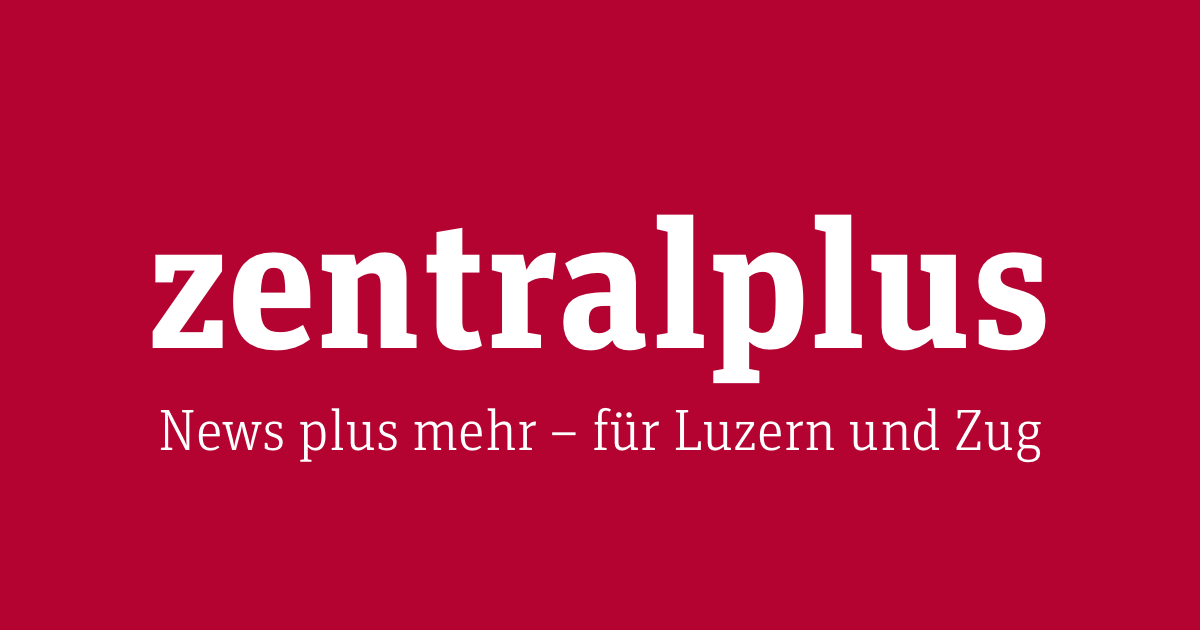The ministries of Foreign Affairs, Economy, Finance, Infrastructure and Education have the power to grant exemptions.
91 times
Since the war began in late February, ministries have granted a total of 91 waivers. This is done to “allow for a certain degree of flexibility in specific cases”, according to a statement by the Ministry of Foreign Affairs. An example is a Dutch company that wishes to receive another payment from Russia.
A port ban on Russian-flagged ships has been in force in the European Union since April. However, the Ministry of Infrastructure and Water Management is authorized to admit ships with certain cargoes. This concerns, for example, aluminum and food. In 34 cases, ships were simply allowed access to Dutch ports.
Gazprom Netherlands
Dutch organizations can also receive energy from former Gazprom companies. In early September, Minister Jetten (Climate and Energy) made an exception for organizations with an energy contract with Gazprom Nederland, a subsidiary of Russian Gazprom.
Jetten first wanted the contracts to be rescinded, but he made an exception. European Gazprom companies were taken over by the German government and have since been called SEFE Energy (Securing Energy for Europe). According to the German administrators, not a penny goes to Russia.
In the Netherlands, there are “dozens of organizations” making use of the exemption, according to the ministry. This concerns municipalities, schools and water bodies. In total, the Ministry issued 25 exemptions in response to 150 applications. A waiver can be used by multiple organizations.
Finance and foreign trade
The Minister of Foreign Trade also has the power to depart from the sanctions. 13 different organizations received a total of 18 exemptions from Minister Schreinemacher. According to the ministry, the reasons are “humanitarian reasons” and cooperation between the EU and Russia for “purely civil matters”.
The Minister of Finance can grant exemptions for frozen assets or for the financing of assets that fall under the sanctioning regime. It happened 13 times.
The Ministry of Foreign Affairs once granted an exemption to allow for “diplomatic relations”. For such a diplomatic exchange, transactions were made possible at a Russian financial institution which is on the sanctions list. These are banks in which more than 50 percent of the shares are owned by the Russian state, such as Sberbank, VTB, VEB or Gazprombank.
The ministries involved do not want to make public names of companies and sectors, because it is “sensitive information for companies”, according to the Ministry of Foreign Affairs. The ministry also does not want to disclose the value of the exemptions.


